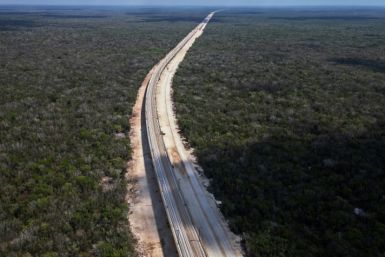Australia records third-driest September of the century

Australia has experienced a warmer weather in 2015 that has been measured hotter than any year of the past decades recorded since 1880. The present year has also logged the third-driest September, since the record began, with the temperature higher above average for any month in the 136-year comparable period.
The National Oceanic and Atmospheric Administration has released the new report showing September as the fifth consecutive month to break the monthly temperature record in 2015. The warm weather of September has affected several regions that mainly threatened water supply and agricultural production.
"2015 will almost certainly be the warmest year in the warmest decade in the warmest multi-decade period since records began," said Climate Council CEO Amanda McKenzie, in a statement. The regions that primarily experienced the warmest weather of September include Western Australia, Victoria, Murray-Darling Basin and Tasmania.
McKenzie said that the drier condition in the country could affect many Australians. A hotter weather could put water supplies for cities and agriculture at risk, and potentially affect food growing and the human health.
The report also highlighted the impact of climate change to the global economy. McKenzie stated that current estimates show that the impacts could 10 times damage the global economy, which requires urgent call of action.
"Economies perform much worse in high heat and this research underscores why a healthy climate is the bedrock of a healthy economy," she said. However, McKenzie added that the Australian government “lags behind the rest of the world on climate action.”
The current temperature data suggests the importance of accelerating the transition from “polluting energy sources” such as coal and gas to renewable energy resources in Australia, she noted.
Contact the writer at feedback@ibtimes.com.au or tell us what you think below






